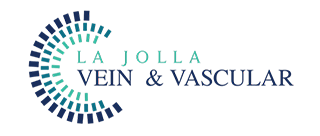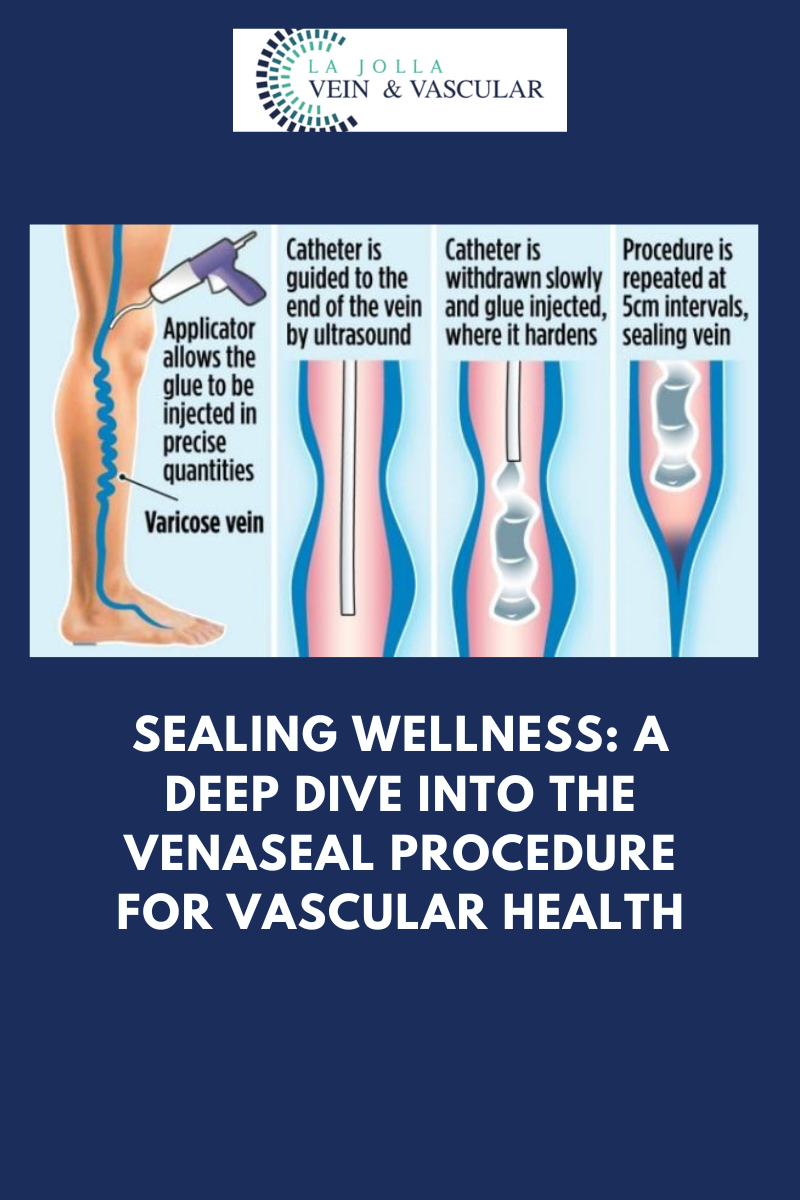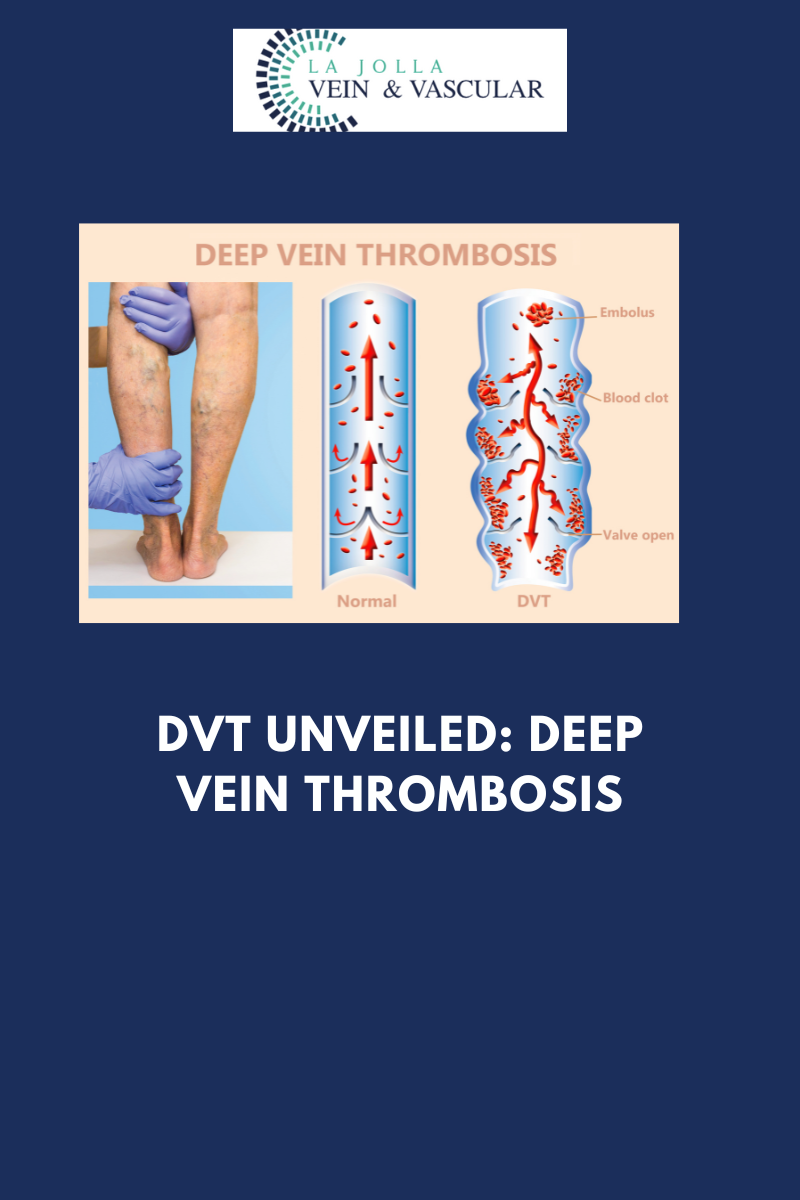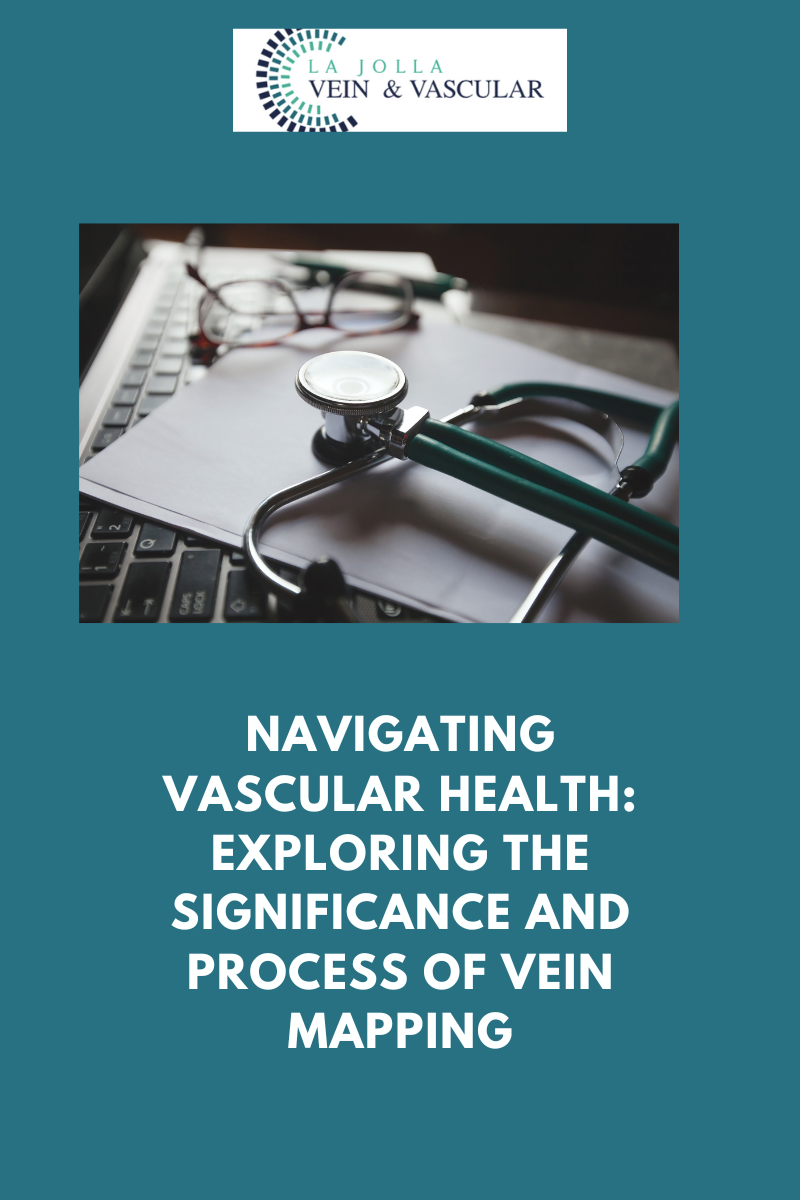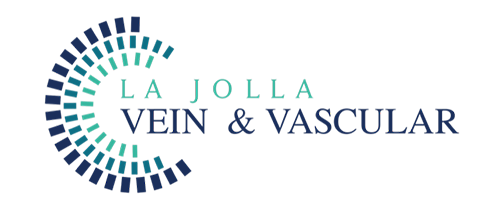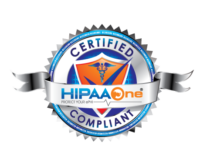What could be causing your varicose veins?

What are varicose veins?
Varicose veins are the twisted, bulging veins just beneath the surface of the skin. Varicose veins are swollen, twisted veins that you can see just under the surface of the skin. These veins usually occur in the legs, but they also can form in other parts of the body. Varicose veins are a common condition.
Who gets them and why.
Both women and men can develop vein disorders at any age. It can affect the healthiest of individuals, but there are some conditions that increase your risk of developing varicose veins. They are mostly inherited; if both of your parents had varicose veins, you have a 90% chance of also having them. Other factors that increase your chance of developing vein disorders include being female, hormonal changes, pregnancy, getting older, having a job that requires many hours standing or sitting, being overweight, and history of leg injuries. Some of the causes of varicose veins are listed below:
- Increasing age. As you get older, the valves in your veins may weaken and not work as well.
- Heredity. Being born with weak vein valves increases your risk. Having family members with vein problems also increases your risk. About half of all people who have these this type of venous reflux disease have a family member who has them too.
- Hormonal changes. These occur during puberty, pregnancy, and menopause. Taking birth control pills and other medicines containing estrogen and progesterone also may contribute to the forming of varicose or spider veins.
- Pregnancy. The hormones during pregnancy greatly influence the leg veins. These veins can even be a symptom of pregnancy and can show up during the first trimester. As pregnancy progresses, there is a huge increase in the amount of blood in the body. This can cause veins to enlarge. The growing uterus also puts pressure on the veins. Varicose veins usually improve within 3 months after delivery. More varicose veins and spider veins usually appear with each additional pregnancy.
- Obesity. Being overweight or obese can put extra pressure on your veins. This can lead to varicose veins.
- Lack of movement. Sitting or standing for a long time may force your veins to work harder to pump blood to your heart. This may be a bigger problem if you sit with your legs bent or crossed.
- Leg Injuries
If you experience any vein disease symptoms, please call our office at (858)-550-0330 to schedule a consultation with one of our knowledgeable doctors at La Jolla Vein and Vascular.
For more information on vein health please check out our Youtube Channel.
